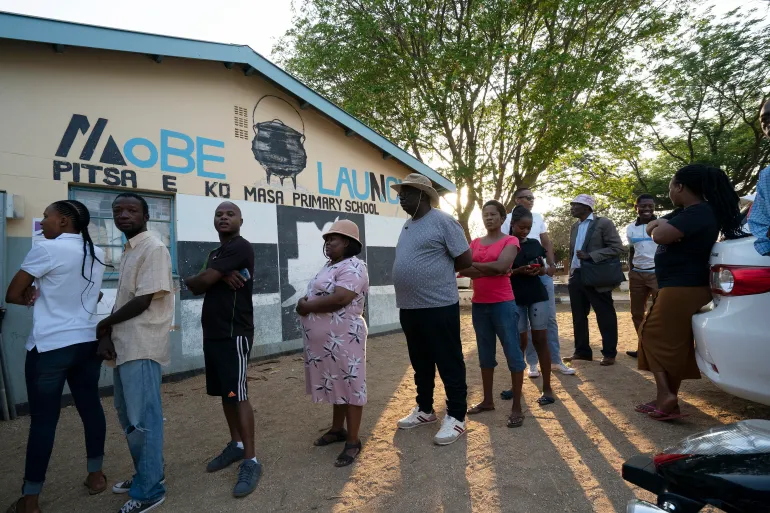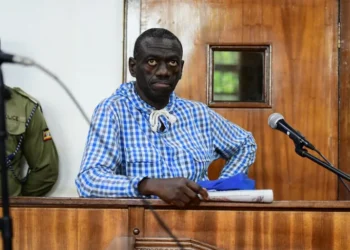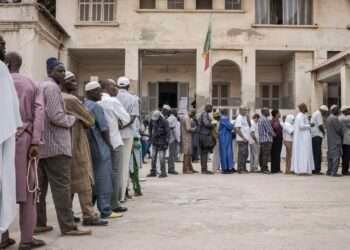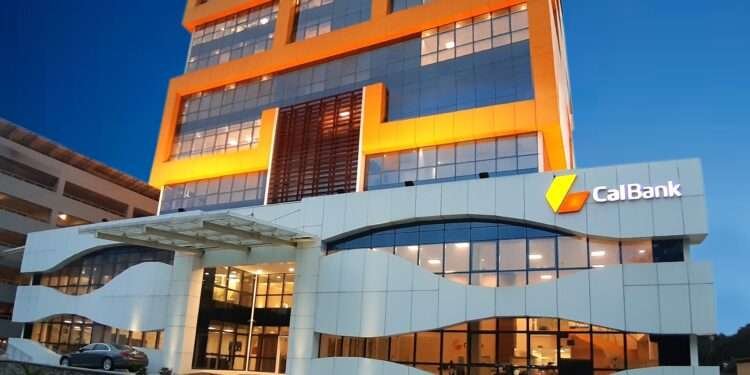The recent elections in Botswana and Mozambique have brought contrasting narratives to the forefront of Southern Africa’s political landscape. While Botswana successfully transitioned after its polls, Mozambique has descended into post-election violence, raising concerns about the implications for regional stability.
In an exclusive interview with TheVaultz News, Benjamin Ankrah, a pioneer of the New African Concept, provided detailed insights into these dynamics.
Historical Roots of Stability and Strife
Addressing Botswana’s long-standing stability since its independence in 1966, Ankrah highlighted: “Botswana was a British protectorate rather than a full colony, which allowed for a smoother transition to independence. The relatively low level of colonial interference contributed to a more stable political landscape post-independence.”
This minimal disruption laid the groundwork for Botswana’s democratic practices and resilience. The nation achieved independence through non-violent means, establishing a tradition of dialogue and consensus embedded in its governance model.
Since independence, the Botswana Democratic Party (BDP) has maintained political dominance. Ankrah emphasized, “Despite this dominance, the BDP has adapted to electoral challenges rather than resorting to authoritarian measures, reinforcing democratic norms.” This adaptability has preserved the credibility of the democratic process and maintained stability.
On the other hand, Mozambique’s political story has been more tumultuous. Ankrah pointed out: “A protracted civil war (1977-1992) left deep scars on the political landscape, leading to persistent violence and instability that continues to affect its governance structures.”
Electoral Processes, Key Differences
Ankrah discussed the differences in electoral systems, noting that “Botswana’s Independent Electoral Commission is generally viewed as impartial and effective, facilitating transparent elections with international observers often confirming their credibility.” The impartial nature of Botswana’s electoral body has played a significant role in sustaining public confidence.
Moreover, political parties in Botswana engage in fair competition, with the BDP responding to electoral setbacks by introducing reforms rather than suppressing dissent.
Conversely, Mozambique’s electoral process has drawn significant criticism. Ankrah stated: “Mozambique’s electoral commission has faced accusations of bias towards Frelimo, undermining the legitimacy of electoral outcomes.” This lack of trust in the electoral system has led to widespread discontent, with state-sanctioned violence against opposition parties further deepening divisions and undermining the democratic process.
Civil Society’s Influence
The role of civil society organizations (CSOs) is crucial in both countries, albeit with differing levels of effectiveness.
“Civil society is relatively strong and engaged in promoting political accountability. Organizations often mobilize citizens during elections to encourage participation and monitor electoral integrity.”
Benjamin Ankrah
This active engagement fosters trust in the political system and strengthens democratic governance.
In Mozambique, however, civil society operates under more challenging conditions.
“Civil society faces significant challenges due to repression and violence. Although organizations strive to advocate for electoral justice and human rights, their effectiveness is hampered by government crackdowns on dissent.”
Benjamin Ankrah
This climate of suppression has diminished the impact of CSOs, contributing to public skepticism and disillusionment with the democratic process.
Implications for Regional Stability
The post-election violence in Mozambique poses severe risks for the broader region.
“The unrest following disputed elections threatens not only Mozambique but also neighboring countries that rely on its ports for trade. Instability can disrupt economic activities across Southern Africa.”
Benjamin Ankrah
Landlocked nations such as Zimbabwe and Zambia, which depend on Mozambique for trade routes, could face significant economic repercussions.
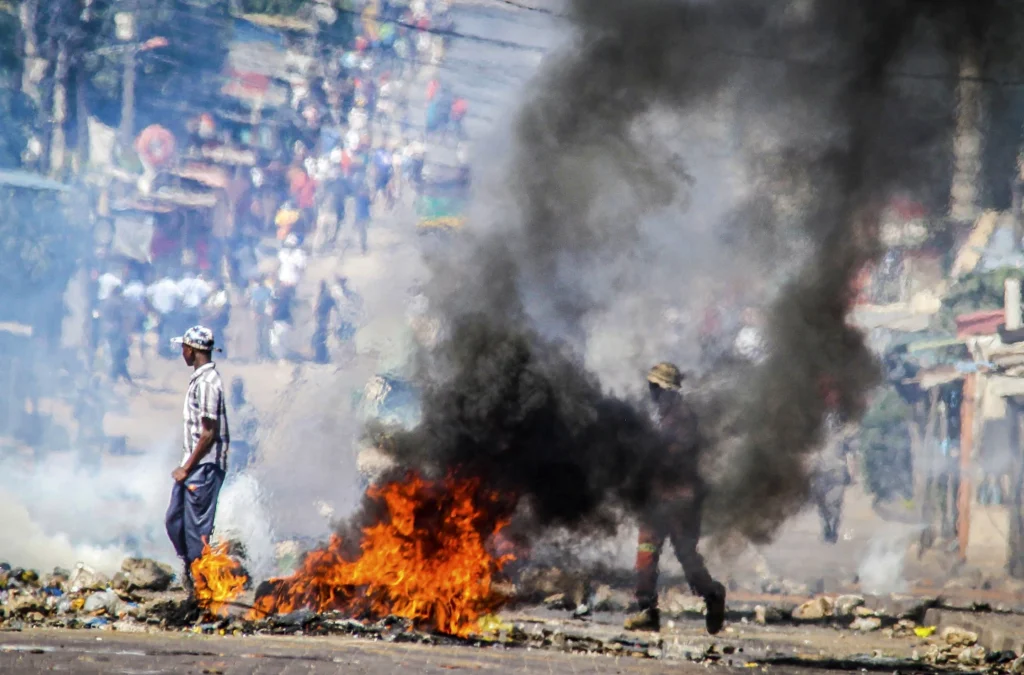
Botswana’s peaceful transitions stand in stark contrast to Mozambique’s current situation, solidifying its role as a regional model for democratic practices. Ankrah emphasized, “Botswana’s history of peaceful transitions enhances its role as a regional leader and a model for democratic governance.”
Lessons for Sustainable Democracy
The divergent electoral outcomes in these two nations offer important lessons for sustaining democracy in Southern Africa.
“Botswana demonstrates that strong institutions capable of managing electoral processes can foster public trust. In contrast, Mozambique illustrates how weakened institutions can lead to disillusionment with democracy.”
Benjamin Ankrah
He also underscored the importance of civil society, stating, “Active civil societies can enhance democratic resilience by holding governments accountable.”
Ankrah pointed out the importance of proactive regional engagement.
“The situation in Mozambique underscores the necessity for regional bodies like SADC to engage proactively in promoting democratic norms and addressing governance issues before they escalate into crises.”
Benjamin Ankrah
As such, while Botswana exemplifies stability through robust governance and democratic norms, Mozambique’s post-election violence highlights the challenges facing fragile democracies. Understanding these dynamics is essential for fostering sustainable democratic practices across Southern Africa.
READ ALSO: Pension Funds Lead Growth in Ghana’s Expanding Asset Management Industry

